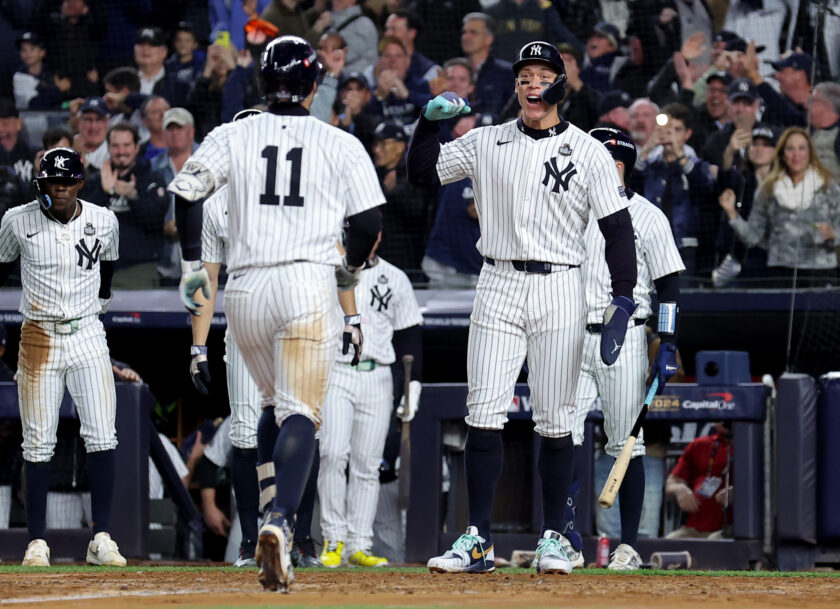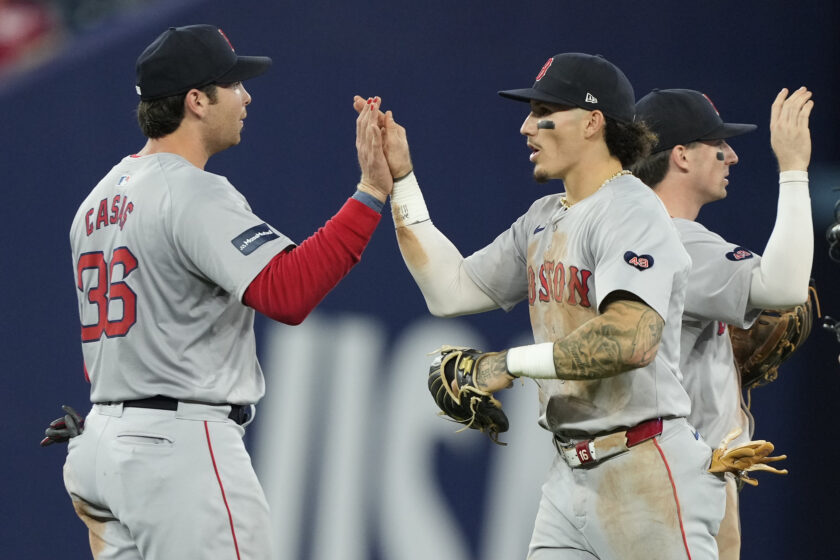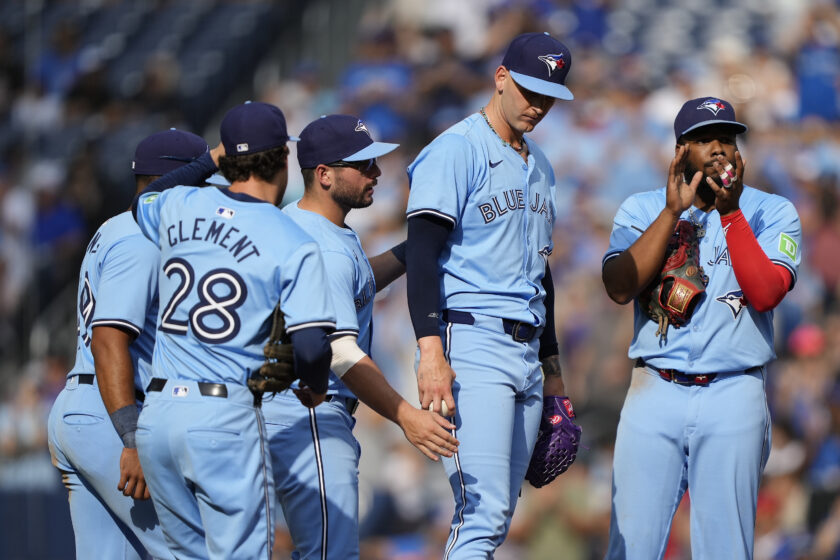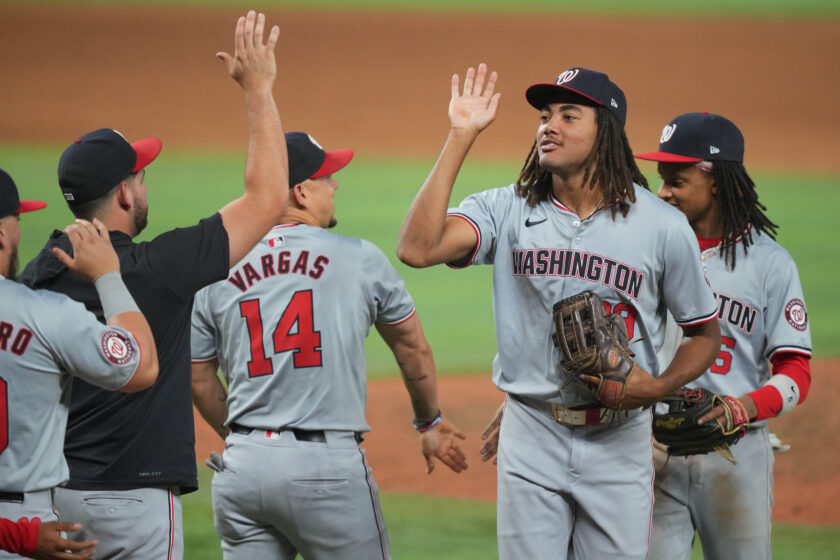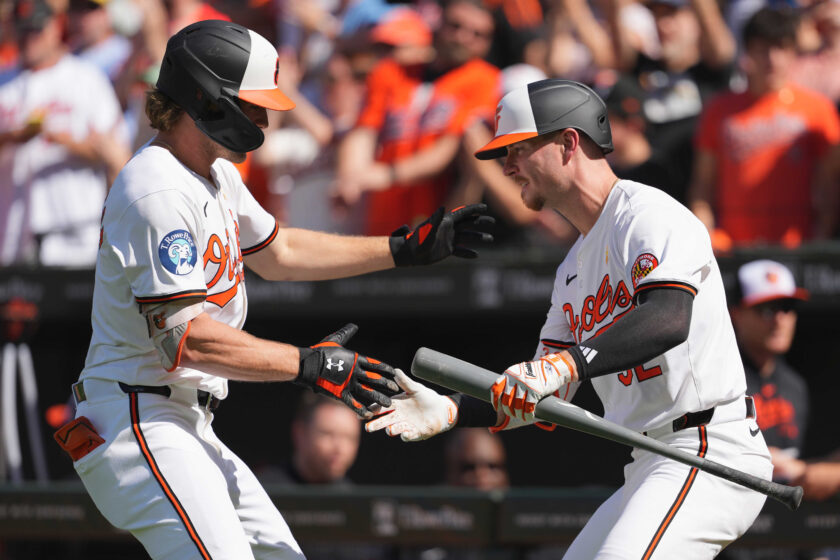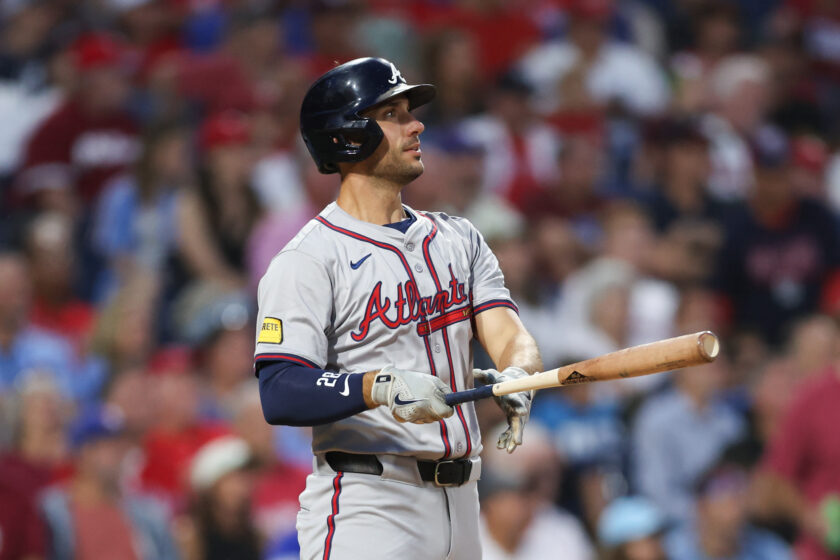2015-16 NBA Regular Season Awards: It’s All About The Golden State Warriors

Sixth Man Award: Ed Davis (PF/C-POR)
Thank the basketball gods, somebody finally figured out how to use Ed Davis. Ignore the pedestrian scoring number, Davis’ impact is felt in other areas.
The 26-year-old from the University of North Carolina put up impressive numbers in 2015-16.
Davis was dominant on the offensive glass for the playoff bound Trail Blazers, averaging 2.8 offensive rebounds per game in just 20.7 minutes, and finishing fourth in the league in offensive rebounding percentage (via basketball reference).
Davis is a classic hustle player, finding all of his offense inside the paint. The fact that he only attempted five field goals outside of the paint all season, as he should’ve, contributed to him averaging an incredible 61.1 percent from the field.
So how does something like that happen? Take a look at this play against the Wizards and the answer will be clear.
A player like Davis, who doesn’t have the explosiveness of a DeAndre Jordan, makes his offensive living on putbacks. Davis led the NBA this season in percentage of times a player executes a putback, and performed the underrated task effectively. In 134 possessions, Davis was 63.7 percent from the field, scoring 1.21 PPP, and finishing in the 79th percentile of efficiency (via NBA Stats).
As important as Davis was on offense, his impact was felt just as strongly on the defense. The Trail Blazers had a tough time on that end, finishing 20th in defensive rating and 26th in opponent’s three-point percentage so any help they could get was important.
Davis held opponents to 45.8 percent shooting at the rim, 4.6 percent lower on all field goal attempts while defending, and led the Trail Blazers in both block and steal percentage. Portland got Davis for three-years, $20 million. Incredible.
I'm ESNY's Executive Editor for EliteSportsNY.com.
I cover the New York Knicks and Brooklyn Nets.
Email: chip.murphy@elitesportsny.com
Chip Murphy covers the NBA for Elite Sports NY. You can find him on Twitter @ChipperMurphy.

